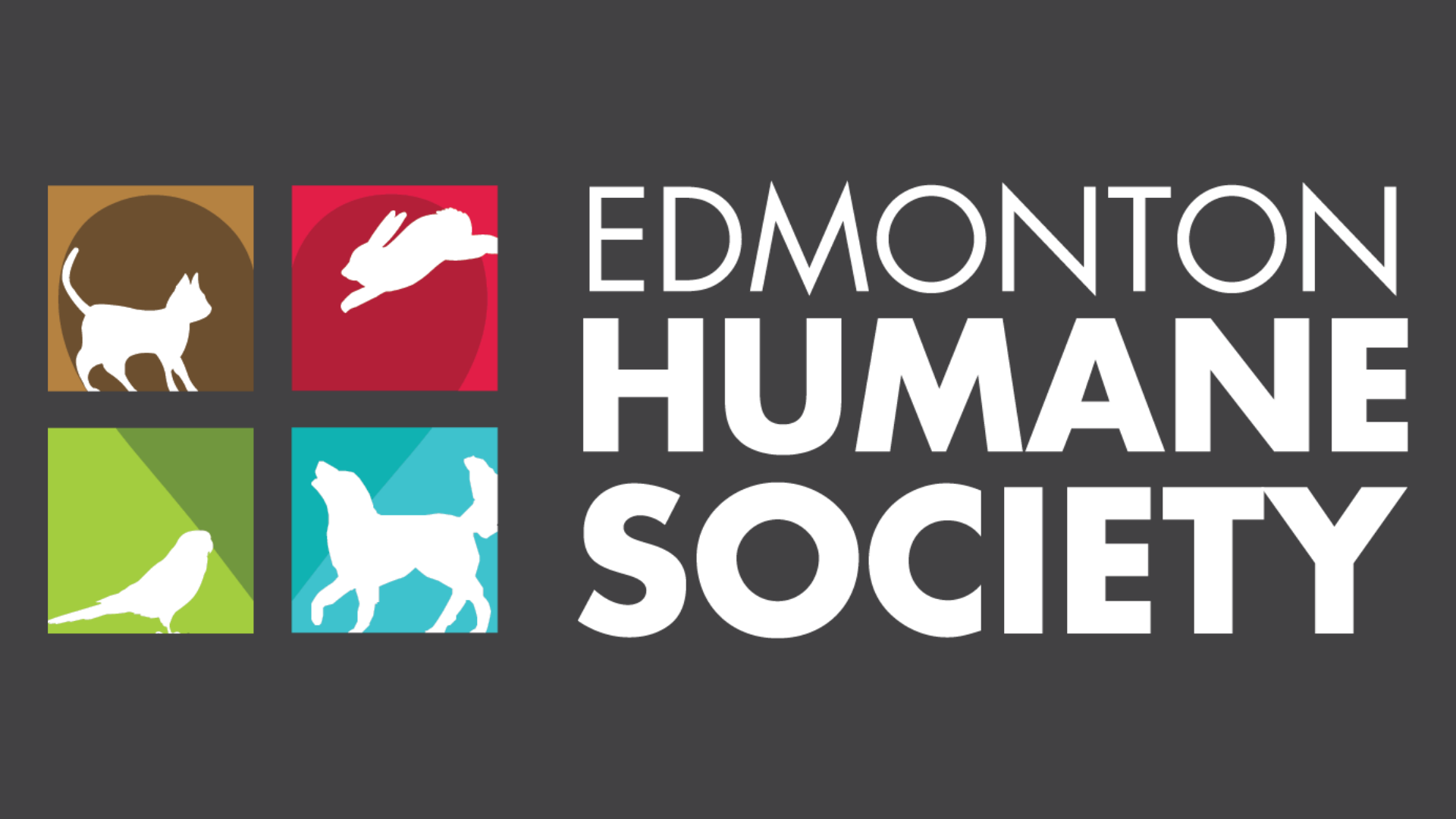NEWS RELEASE
FOR IMMEDIATE RELEASE
INDEPENDENT INVESTIGATION RECOMMENDS CHANGES AT EDMONTON HUMANE SOCIETY FOLLOWING CAT TRANSPORT INCIDENT
EDMONTON, AB (December 20, 2018) – An independent investigation has found that a combination of unfortunate events, human error and operational shortcomings at the Edmonton Humane Society led to an incident where three cats were accidentally left in a transport van for 22 days last spring.
“The Edmonton Humane Society deeply regrets what happened and is committed to learning from this difficult chapter in our more than 110 year history,” said Summer Bradko, Edmonton Humane Society Board Chair. “This third-party investigation has been an important step in identifying what went wrong and what we need to fix at EHS. Although we have already made changes to improve our processes, we still have work to do and will continue to evolve as an organization and to advance animal welfare in our community.”
The investigation confirmed that the three male cats – Magic, Chance & Lucky – survived the incident and were later treated for minor injuries and adopted to new families.
The Edmonton Humane Society’s Board of Directors commissioned the independent investigation last June in order to determine exactly how the incident happened and make recommendations to improve the non-profit organization’s animal welfare and staff practices and protocols. Former Edmonton City Councillor Kim Krushell volunteered to oversee the investigation, which was carried out by IRISS Corp., a private Calgary-based firm, to ensure it was thorough, fair and transparent.
“I commend the Edmonton Humane Society for getting to the bottom of what went wrong. No stone was left unturned,” said Krushell. “A lot of work has gone into this by the entire organization, and they are committed to seeing this through until every issue is addressed.”
EHS plans to share the report findings and recommendations with animal welfare organizations across Canada to ensure others learn from the incident.
Even before the investigation wrapped-up, EHS employees and the Board of Directors have been working together to tighten up operational protocols and best practices to ensure animal and employee safety is paramount. Several changes have already been made, including:
- Animal transports over seven hours round-trip require the drivers to stay overnight;
- Long haul transports (over 100 km) require two drivers;
- All EHS fleet vehicles have been inspected and serviced, and are now on a regular service schedule;
- Long haul transports require a pre- and post-trip vehicle inspection by EHS supervisors and a trip plan and animal tracking form completed and submitted.
However, more work still needs to be done. Experts in the field of animal sheltering, in partnership with an external animal welfare organization, have volunteered to assist EHS in early 2019 to review and implement final protocols in key areas such as animal handling and transport.

